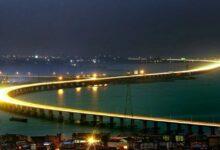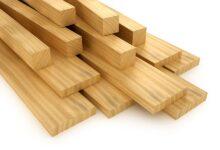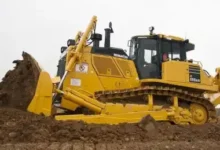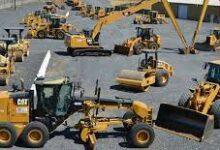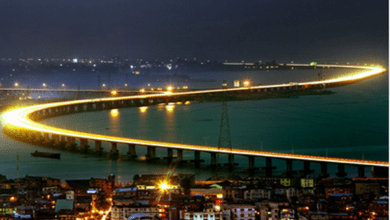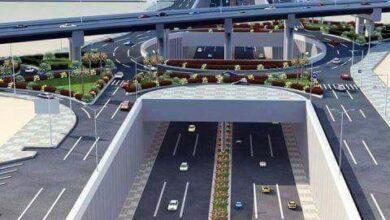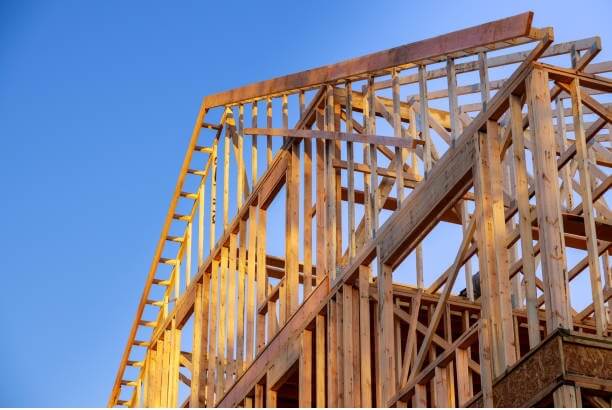
Top 15 Local Wood Types for Roofing in Nigeria
Top 15 Local Wood Types for Roofing in Nigeria – Nigeria has a diverse range of high-quality indigenous wood species that are excellent for roof construction. Local hardwoods provide durable, affordable and eco-friendly roofing options compared to imported timber. When selecting appropriate wood for roofing in Nigeria, key aspects like strength, weather-resistance, texture, availability, cost and aesthetic appeal must be analyzed. Some of the top local wood types suitable for Nigerian roofing include:Top 15 Local Wood Types for Roofing in Nigeria
The Top 15 Local Wood Types for Roofing in Nigeria Are:
1. Mansonia
Firstly, Mansonia is a popular indigenous hardwood extensively used for roof trusses and shingles in Nigeria. The strong, dense wood offers resistance against rotting, termites and microorganisms. In addition, mansonia wood is easy to machine and work into customized roofing structures. However, mansonia trees take long to mature and the wood requires preservative treatment for longevity.
👉 Relocate to Canada Today!
Live, Study and Work in Canada. No Payment is Required! Hurry Now click here to Apply >> Immigrate to CanadaRead Also: Top 15 Stress Relief Tips for Adult in Nigeria
2. Obeche
Furthermore, obeche is another prolific local timber for roof construction across Nigeria. The lightweight obeche wood is easy to saw and nail, facilitating quick installation. Moreover, obeche has low affinity for moisture and resists shrinking or swelling. However, obeche wood lacks natural oils so it needs regular polishing and treatment to avoid damage.NYSC Portal
3. Mahogany
Additionally, Nigerian mahogany is an excellent lightweight timber for roof beams, trusses, frames and shingles. The fine-textured, pink-red wood has good dimensional stability. Also, mahogany timber has high strength-to-weight ratio. However, large mahogany trees are increasingly rare nowadays due to overexploitation.
4. Iroko
Moreover, iroko is a tropical hardwood indigenous to Nigeria’s rainforest regions. Due to its density, durability and termite resistance, iroko is extensively used for roof construction across Africa. However, thick iroko timber takes time to season and requires pre-drilling to avoid splitting. The wood also shrinks considerably during drying.Information guide Nigeria
Read Also: Top 15 Link Building Tools in Nigeria
5. African teak
Also, African teak, though not a real teak, is a popular wood for roof trusses in Nigeria due to its strength and stability. The coarse-textured wood can last over 40 years with proper preservation and maintenance. However, unseasoned African teak warps and shrinks easily during installation. The timber also needs protection from fungi and borers.JAMB portal
6. Abura
Furthermore, Abura is a durable hardwood suitable for roofing shingles and framing structures in Nigeria. Abura is resistant to termites and fungi. In addition, the wood is easy to work with using both hand and machine tools. However, abura trees require well-drained soil and take long to mature, so the wood is relatively scarce.
7. Afara
Additionally, Afara is an abundant, affordable hardwood often used for roof beams in Nigeria due to its lightweight and strong load-bearing capacity. Moreover, afara timber needs minimal seasoning and resists termite attacks. However, the wood is susceptible to fungi when damp. Also, afara has high shrinkage rates that can warp boards.Information guide Nigeria
👉 Relocate to Canada Today!
Live, Study and Work in Canada. No Payment is Required! Hurry Now click here to Apply >> Immigrate to Canada8. African walnut
Moreover, African walnut has attractive dark brown-coloured timber that polishes well for decorative roofs. The wood is moderately hard with good nailing properties. However, African walnut is moderately susceptible to termite damage. The raw lumber requires extended air drying to prevent warping and splitting.
Read Also: Top 15 Career Prize Money in Sport
9. Utile
Also, utile is a lightweight, soft hardwood suitable for affordable roof rafters, trusses and sheathing in Nigeria. In addition, utile can be worked smoothly and stained into different finishes. However, utile timber lacks natural durability so needs chemical preservation. The wood also shrinks substantially when drying.
10. Albizia
Furthermore, fast-growing albizia trees yield pale-coloured, fine-textured timber used for roof battens, frames and trusses in Nigeria. The wood dries quickly with minimal defects. However, albizia has low natural durability and needs preservative treatment against fungi and insects. The timber also splits easily during nailing.
11. Opepe
Additionally, opepe is a medium-density wood valued for roof construction across West Africa. Opepe machines well and accepts different finishes. However, freshly sawn opepe needs controlled, gradual drying to prevent defects. The timber also requires protective treatments for enhanced longevity.Good morning My Love Message
12. Afzelia
Moreover, Afzelia is a hardwood suitable for quality roofing structures like beams, rafters, and ceilings in Nigeria. The wood offers good resistance against termites and fungi. However, afzelia trees are slow growing so the wood is relatively expensive. Machining afzelia also tends to be difficult.
Read Also: Top 15 Greatest Guitar Solos of all Time
13. Cordia
Also, Cordia produces lightweight softwood timber traditionally used for roof rafters and trusses in Nigeria. The wood seasons quickly with little degradation. However, cordia has poor natural durability and readily attacked by powder-post beetles during storage. The timber also splits easily during nailing.Romantic love message
14. Ceiba
Furthermore, ceiba is a fast-growing tropical tree yielding soft, lightweight wood for economical roofing in Nigeria. In addition, ceiba timber dries rapidly with minimal warping or checking. However, ceiba wood has very low natural durability and needs preservative treatment for protection against fungi and insects.
15. Triplochiton
Lastly, triplochiton, also called obeche or ayous, is abundant across Nigeria’s rainforests. The soft, pale wood has low density making it suitable for roof frames and sheathing. Moreover, triplochiton is easy to saw and work. However, the timber lacks natural oils and readily attacked by termites and beetles unless treated.
Read Also: Top 15 Signs and Effect of Piriformis Syndrome
Conclusion
In conclusion, Nigeria is endowed with a wide variety of quality indigenous wood species appropriate for durable, eco-friendly roof construction. Hardwoods like mansonia, obeche, iroko and mahogany are ideal for trusses, rafters, shingles and framing. Softwoods like ceiba, cordia and triplochiton suit economical roof coverings. Preservative treatments and proper seasoning enhance the longevity and performance of local timber roofing in Nigeria.
Check JAMB RESULT
Check and Confirm: How much is Dollar to Naira
